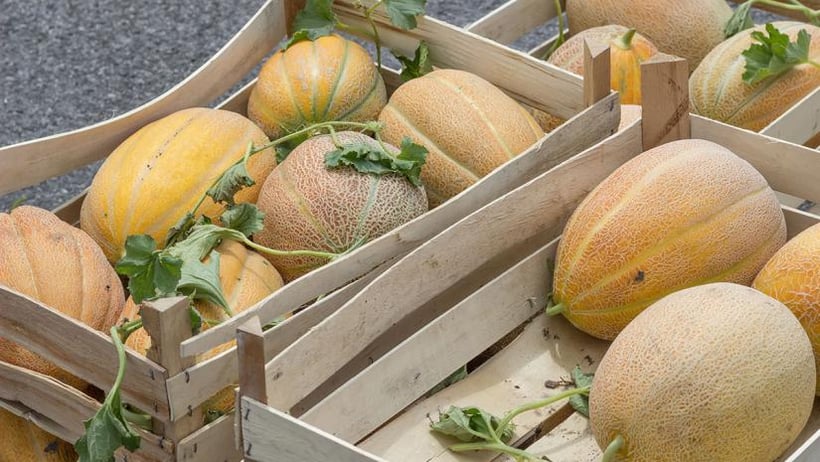
The U.K.’s Food Standards Agency (FSA) has reported that the source of a rapidly evolving Salmonella Braenderup outbreak is thought to be melons from Costa Rica, Honduras or Brazil.
The outbreak began in late March, with patients in several countries including Denmark, Belgium, Finland, France, Germany, Ireland, the Netherlands, Norway, Sweden, the United Kingdom, Switzerland and Canada. The person who fell ill in Canada had not travelled internationally, and their symptoms started at the beginning of March.
Consumers are being advised to check the sticker on the melon for its origin. They are also advised to avoid melons of unknown origin.
How to safely choose, store and handle melons
According to the Government of Canada, melons can be enjoyed safely with proper washing, storage and preparation. Though melons don’t naturally contain bacteria that will make people sick, they can be contaminated in the field, during harvest, during transportation, in the grocery store or during preparation.
Cantaloupes are especially prone to contamination because of their unique rind. Its net-like pattern traps bacteria and makes the fruit harder to wash effectively.
To prevent contracting any food-borne illness from melons, choose fruit that is firm, not bruised or damaged. If the melon is pre-cut, make sure it was refrigerated. Whole melons can be refrigerated for up to 15 days, while cut melons should be refrigerated immediately and only for up to four days. Never eat cut melons that have been at room temperature for more than two hours. Thoroughly wash your hands, utensils, cutting boards and countertops before and after handling melons. Before cutting the melon, wash it well with warm water.
In general, never mix raw and cooked foods, use different cutting boards for meat and fruits and vegetables, and store raw meat, poultry and seafood away from other foods in your refrigerator.
What is Salmonella?
Salmonella, or salmonellosis, is a common bacterial disease that affects the intestinal tract. The bacteria live in human or animal intestines and are shed through feces.
The illness is usually caused by eating raw or undercooked meat, seafood, poultry, eggs or egg products, unpasteurized milk, or raw fruits and vegetables. You can also get Salmonella by touching animals — particularly birds and reptiles — that are contaminated, or by not washing your hands after using the washroom or changing a diaper. International travel puts you more at risk, as many underdeveloped countries have poor sanitation.
The incubation period of Salmonella can range from several hours to two days, but the effects tend to last from two to seven days.
Most Salmonella poisoning symptoms are stomach-related, and may include:
- stomach cramps
- diarrhea
- nausea
- vomiting
- blood in feces
- cold and chills
- fever
- headache
If you suspect you have contracted Salmonella, contact your doctor immediately.
At CIFS, our mission is food safety
The Canadian Institute of Food Safety is dedicated to improving food safety knowledge and skills. We work with the public and businesses of all sizes in every industry that’s regulated by the Canadian government.
We provide nationally recognized food safety training through the CIFS Food Handler Certification Course. To learn more about safe food handling, contact CIFS.





